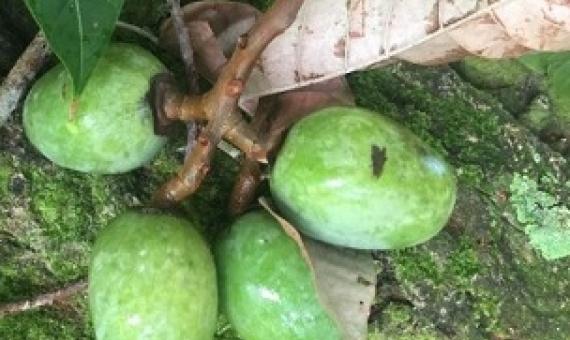A rāhui has officially been enacted today to help protect the Foveaux Strait oyster fishery from the potential spread of a deadly parasite. Dr Catherine Duthie from Biosecurity New Zealand explains what happens now.
The vital role of Vanuatu’s rich forest in sustaining livelihoods and the need to keep traditional plant knowledge and practices alive to inspire new generation to keep forests sustainable was captured in a documentary released recently...
Capacity assessment on access and benefit sharing (ABS) and protection of traditional knowledge (TK) relating to Biodiversity: Federated States of Micronesia
The Convention on Biological Diversity (CBD) was ratified by the Federated states of Micronesia (FSM) Congress in 1994 as part of its commitments to the Earth Summit in 1992 and national efforts to promoting the conservation and sustainable use of biodiversity.Prepared by PECL for NBSAP Project Phase II FSM Department of Economic Affairs|Supported by Global Environment Facility through United Nations Development ProgrammeCall Number: 306.4 PACPhysical Description: 62 p. ; 29 cm
Mana whenua on Waiheke island are placing a 2 year rāhui around the island in a bid to stop four species of kaimoana from disappearing.
After watching the documentary by David Attenborough, ‘Life on our planet’, at the National Convention Centre in a reception hosted by the British High Commission and French Embassy, Leader of Opposition Ralph Regenvanu says rainforests and nature of a whole are being destroyed by the modern
To the untrained eye they look like worms, but Samoans know these marine creatures as palolo, and they are revered as the caviar of the South Pacific.
New research has found that Indigenous knowledge is regularly underutilised and misunderstood when making important environmental decisions.
Amplifying indigenous voices
Indigenous peoples are fighting the COVID-19 pandemic daily, taking strong measures to protect their communities and territories from this virus. In these times, historical exclusions affecting rights to basic services and health infrastructure have become more acute, making indigenous peoples an extremely fragile and vulnerable section of society in this pandemic. In addition, attempts to appropriate traditional lands, territories and resources and open up areas for mining and commercial exploitation continue in certain regions.
The healing properties of some plants used in traditional Samoan medicine have been scientifically proven in a new study. Published on Friday in the Journal of Ethnopharmacology it looked at 14 Samoan plants.The Samoa Observer reports all were found to have positive effects on wounds, burns
The use of Indigenous knowledge and resources—including bush foods and bush medicines—is increasingly on-trend. Cosmetics, pharmaceutical giants and large food producers are vying for everything from access to monopoly in the modern market.

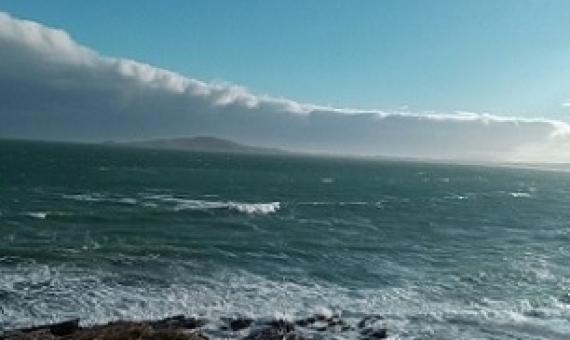
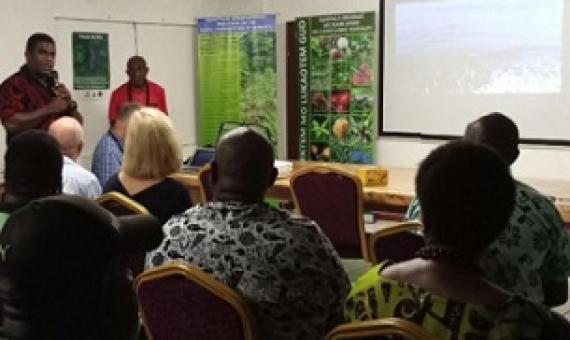
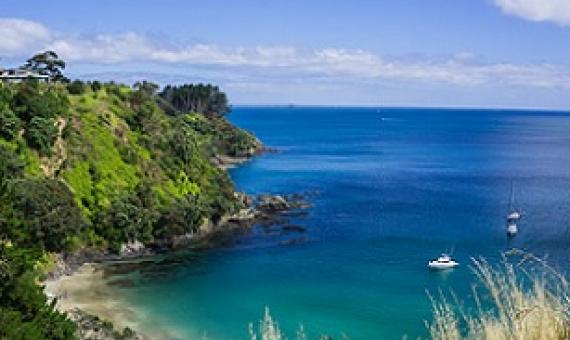
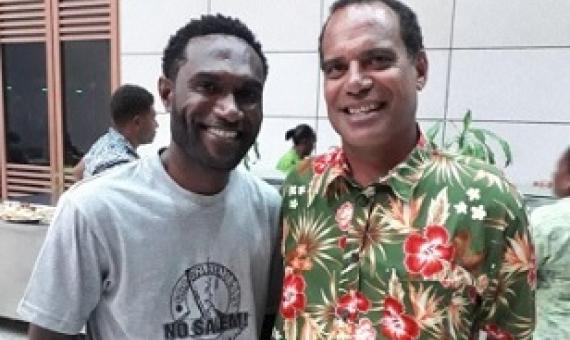
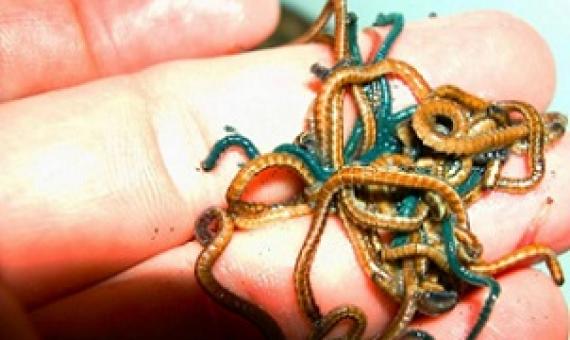

![Homalanthus nutans, or Mamala. Photo: [Mark Marathon / CC BY-SA (https://creativecommons.org/licenses/by-sa/4.0) Mark Marathon]](/sites/default/files/styles/news_teaser/public/tradPLANTS_sam.jpg?itok=W_t_Vb4j)
